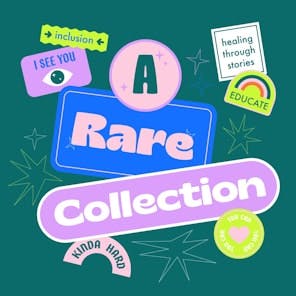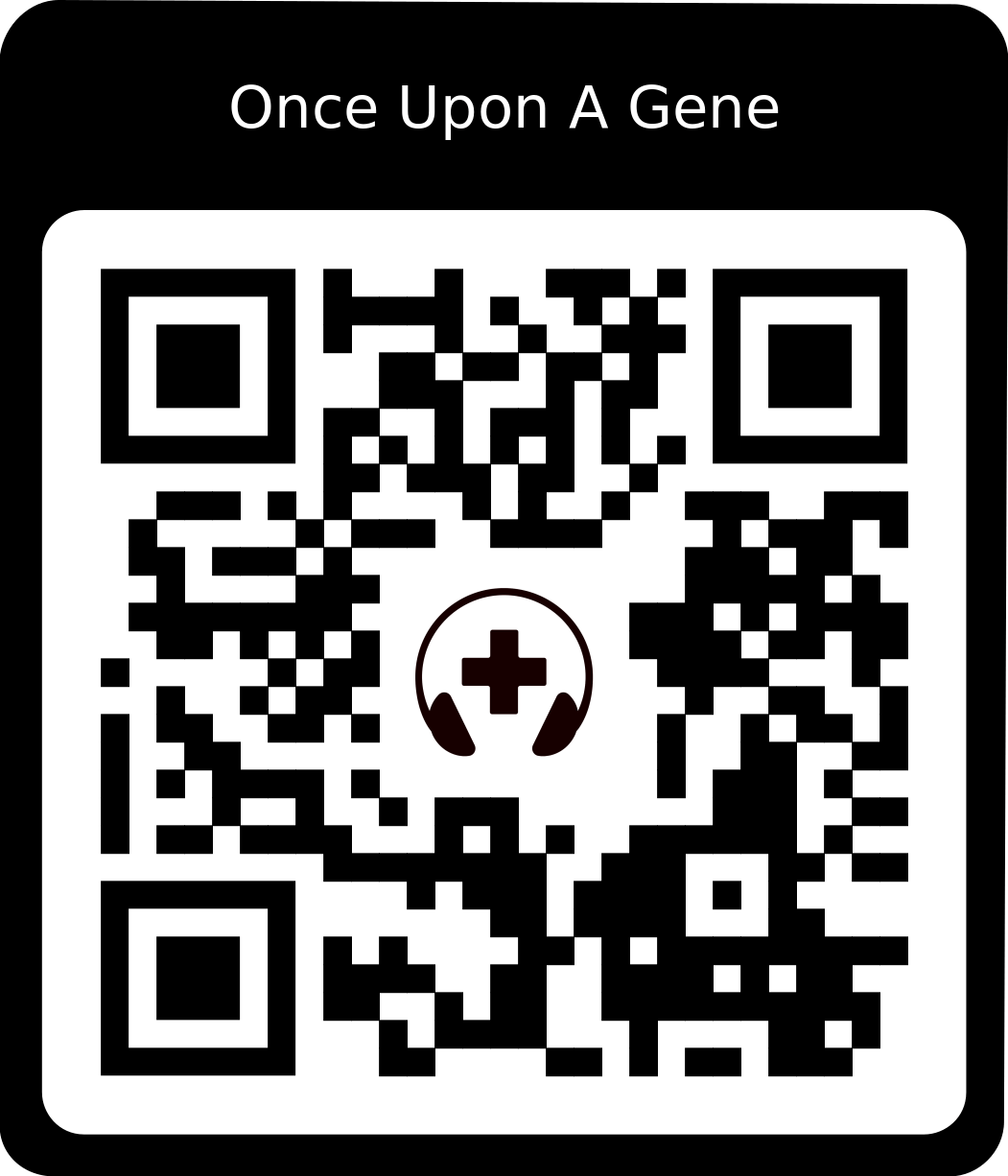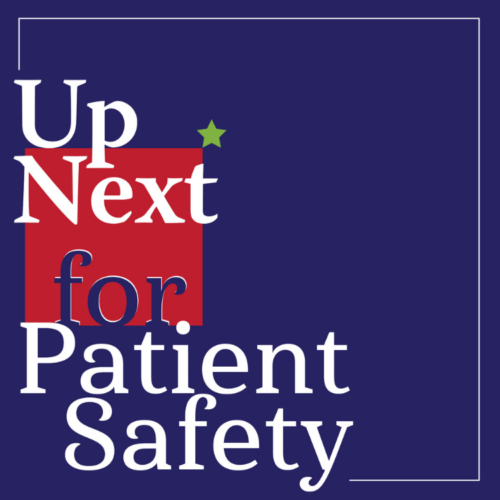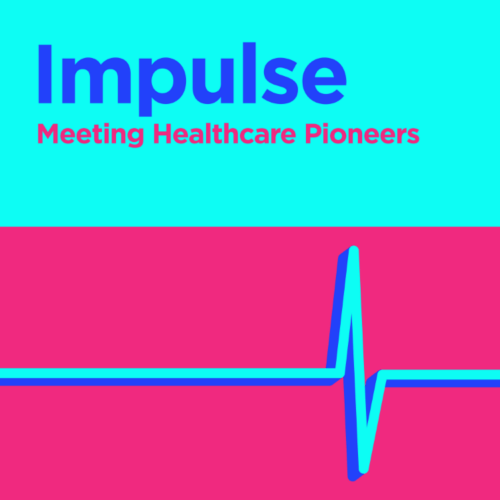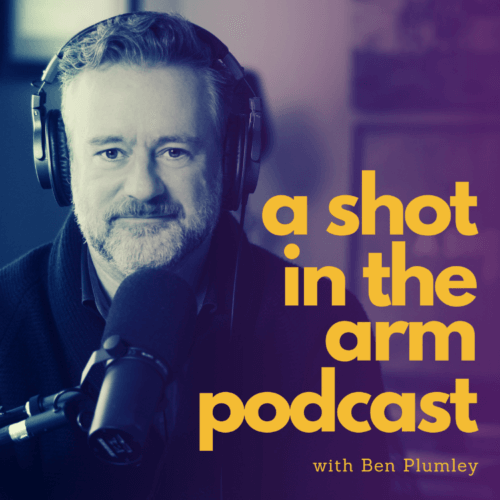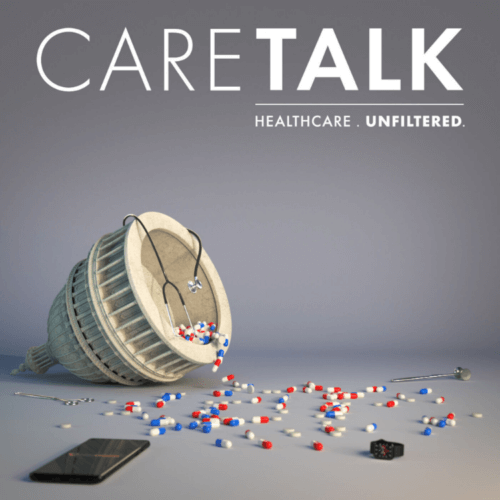A Rare Collection – From Financial Strain to Supportive Gain – A Call For Action
ONCE UPON A GENE – EPISODE 220
A Rare Collection – From Financial Strain to Supportive Gain – A Call For Action
There’s power in storytelling- for the listener and the storyteller. A Rare Collection is a monthly series featuring people from the rare disease community, sharing a story with a common theme.
EPISODE HIGHLIGHTS
Katie Scheid
The beginning of my care-giving journey was filled with trauma, disbelief and a complete re-shaping of the life I knew. My daughter Millie is three and a half years old and I am her full-time, unpaid caregiver. She suffered a severe stroke just before she was born, resulting in complete care for the rest of her life. She is blind, can’t sit or hold her head up, can’t speak or control her body’s movements. She’s tube-fed and has over 50 seizures each day. In Washington, kids like Millie, whose needs qualify for in-home care, can have any person be their hired care-giver, except a parent. Millie was assessed and allocated for 185 hours per month of paid, in-home care-giving to alleviate the burden on us as her primary care-givers. After 6 months, we didn’t receive a single applicant. I quit my job to be her care-giver and we’ve struggled to live on one income since. Parents Empowering Parents of Washington (PEPWA) is a group of over 550 advocate members working to change the laws in Washington. We are leading the fight to access the service our kids qualify for and we demand better for ourselves and our kids.
Lindsey Topping-Schuetz
On January 10th, I testified before the Washington State House Committee on Human Services, Youth and Early Learning in favor of HB2184. This legislation would authorize payment of parental care-givers of minor children with developmental disabilities. January 10th is a significant day for my family. Seven years ago, my husband and I would leave the hospital for the first time with our son, Owen. He spent 103 days in the NICU. We walked down the hallway lined with staff and family, everyone clapping and cheering. Owen came home dependent on oxygen and a feeding tube. He would have dozens of episodes a day that left him struggling to breathe. At three years old, Owen was granted hours to pay someone other than my husband or I to care for him. It’s nearly impossible to utilize these hours because there’s a shortage of nurses and they’re not provided with the medical training required to care for my son. Care-giving a child like Owen goes well beyond parenting. The financial hardship has burdened our entire extended family. HB2184 has the ability to change the lives of families like mine. It is time for Washington to acknowledge the work of parent care-givers in the same way as all other care-givers.
Emily Holloway
I’m the mom of four children and I live in Virginia. Our daughter Chloe was diagnosed with a rare disease of her lymphatic system. While her life was seemingly normal for the first eight years, we drove head first into the medical world when she began showing signs of the disease. Working full time wasn’t realistic, so I left my teaching career and our family income was cut in half. Chloe receives g-tube feedings and several medications, she needs assistance bathing and walking, she attends weekly therapy sessions and she requires a lot of care. I was given the opportunity to become her paid care-giver and I was thrilled to be home caring for Chloe, contributing to our finances, an opportunity that ended when the pandemic and medical lockdown concluded. Medicaid believes care-takers now need to head back to work and hire care-takers for their children. Additionally, there’s a maximum amount of care hours a child can receive, regardless of their needs. The best interest of children is missing from these regulations. We hope our legislators will allow the parents who know their children best, love them the most and are the biggest advocates for their well-being, to remain their care-takers and receive a small reimbursement to help pay living expenses.
